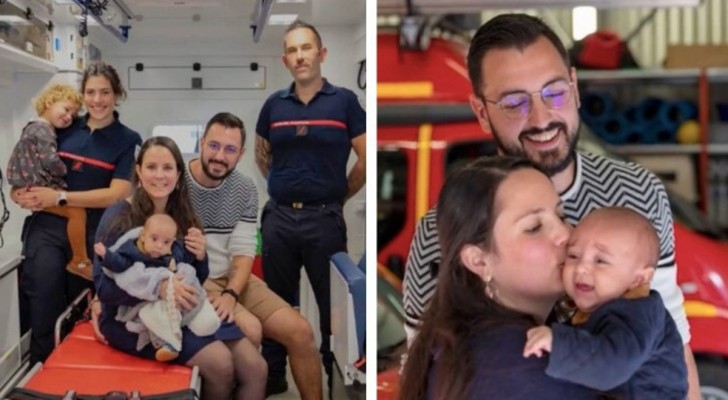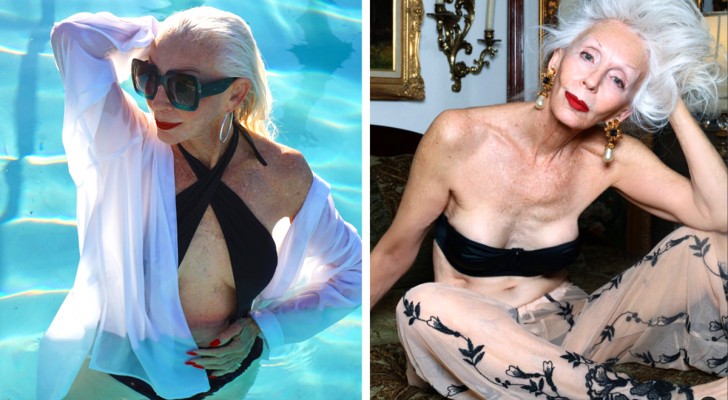Franca Viola was the first Italian woman to refuse a "rehabilitating marriage" and her courage changed history
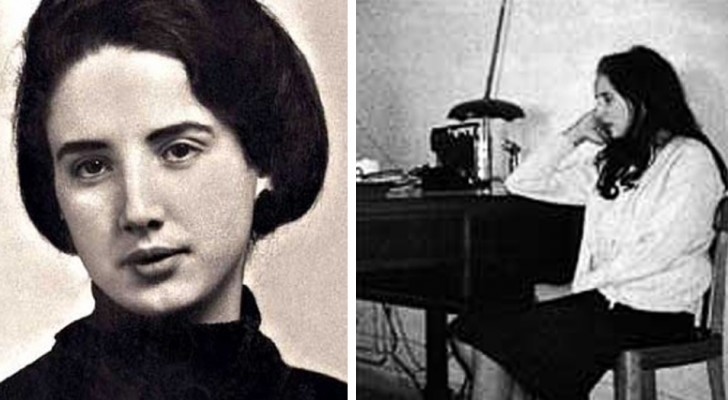
The name of Franca Viola represents a milestone in the affirmation of women's rights in Italy since her story marks a fundamental watershed in the evolution of Italian law in this area.
Before her and the ignoble events of which she was the victim, those who committed violence against a young woman who was a virgin and unmarried were protected from legal punishment by the possibility of a "rehabilitating marriage" (matrimonio riparatore), which subtracted the male perpetrator from trial and imprisonment.
This was a ploy, the product of a patriarchal and sexist society, in which the rape itself was considered a crime against morality, and not against the individual.
This was the system that Franca Viola challenged and won, marking a fundamental stage in the process of women's emancipation.
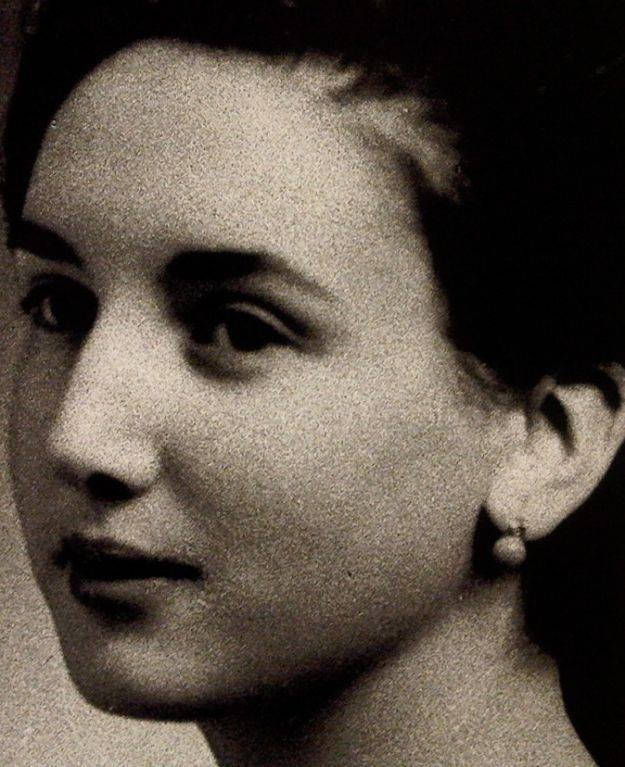
At the time, Franca Viola was just a 15-year-old girl, beautiful, sweet, and innocent, engaged to Filippo Melodia, nephew of the mafioso boss Vincenzo Rimi and a member of one of the richest families in Alcamo, province of Trapani. Everything starts when Franca, not happy with this engagement, leaves Filippo.
However, Filippo does not accept being rejected and reacts by setting fire to the vineyard and Viola's family's house and threatening with a gun Franca's father, Bernardo, who however does not yield and defends his daughter's decision. Although arrested and sentenced, Filippo does not abandon his plan for revenge, which he puts into action once he is released from prison.
It is 26 December 1965, when Filippo, with the help of twelve friends, bursts into the Viola family's house, destroying everything and kidnapping Franca and her 8-year-old brother who refuses to leave her. Once out of the house, the child is almost immediately left behind, but Franca remains in the hands of her torturers for eight dramatic days, during which she is subjected to all kinds of violence.
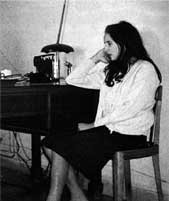
On 1 January 1966, Filippo contacts Franca's father to arrange a meeting with the two families and resolve the situation through, obviously, a "rehabilitating marriage". Bernardo Viola pretends to accept, only to free Franca and arrest Filippo. In fact, Franca, supported by her family, refuses to accept this type of marriage, breaking the Italian custom of the time and the views of most of the country, in which a woman raped and unmarried, was considered to be a "disgraced or shameless woman", and the honor of her family irreparably compromised.
Therefore, it was not easy for the Viola family because, during the trial, Franca was denigrated, accused, and attacked but remained steadfast in her convictions, supported by her father, who fought with her against the press, the law, their town, and the whole of Italy; and in the end, they won. Her story began a process that led to the end of the "rehabilitating marriage" (matrimonio riparatore) in Italy and the recognition of rape as a crime against the individual in 1996.

In 1968, Franca married Giuseppe Ruisi, a childhood friend of hers, and the Italian President of the Republic Giuseppe Saragat congratulated them on their wedding day and even Pope Paul VI received them in a private audience. Furthermore, the then Italian Minister of Transport, Oscar Luigi Scalfaro, gave them a wedding present: a special train ticket to travel on any railway route in the country for a month. Franca and Giuseppe had two children and today they still live in Sicily, in the town of Alcamo.
In 2014, Franca was honored with the title of Grand Officer of the Order of Merit of the Italian Republic by the Italian President of the Republic Giorgio Napolitano. Franca, then declared that "It was not a courageous gesture. I only did what I felt I had to do, as any girl would do today - I listened to my heart and the rest came by itself. Today, I advise young people to follow their sentiments; It's not difficult. I did it in a very different Sicily; they can do it just by looking into their hearts."
On behalf of all the women in Italy, we can only say, from the bottom of our hearts: Thank you very much, Franca!
